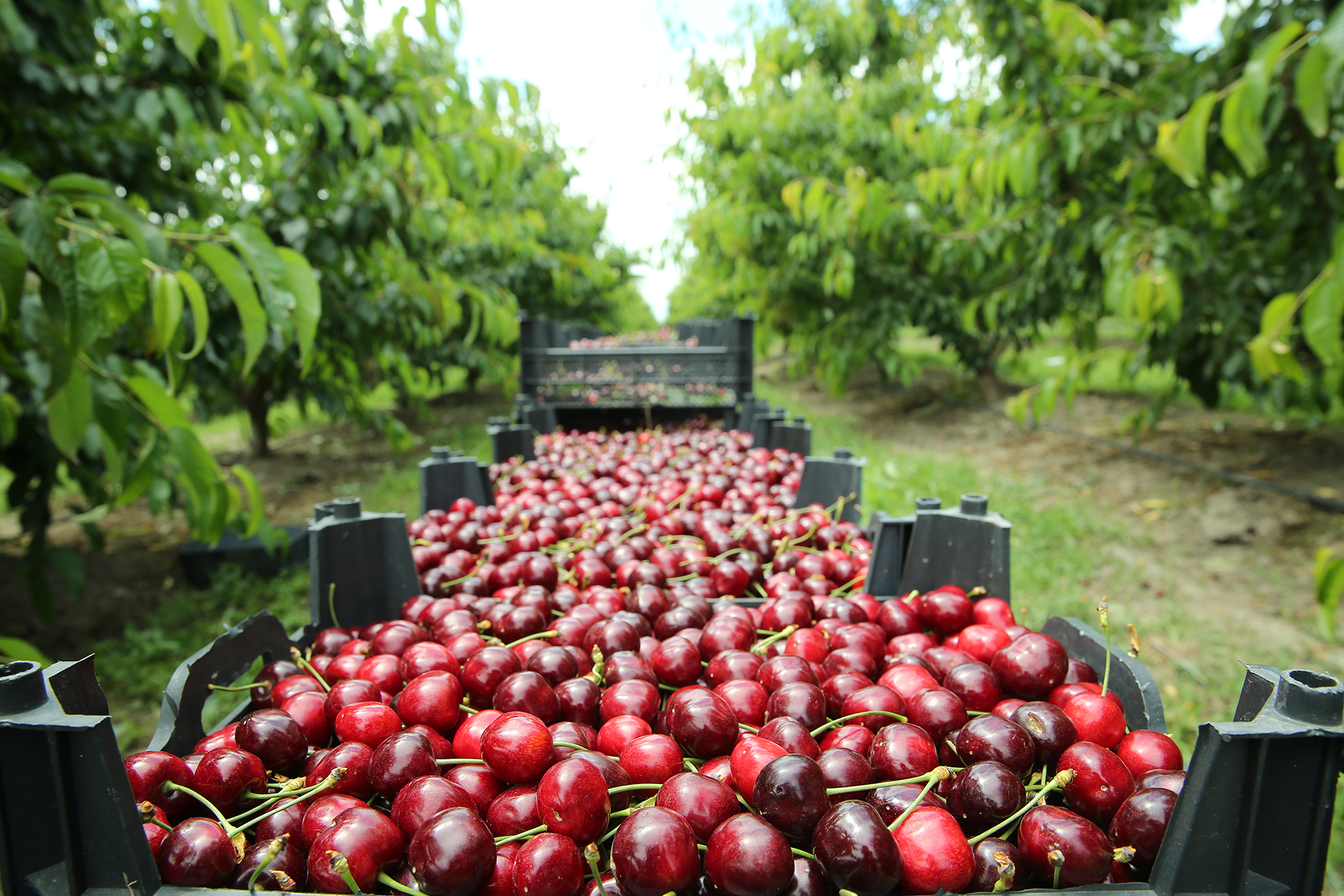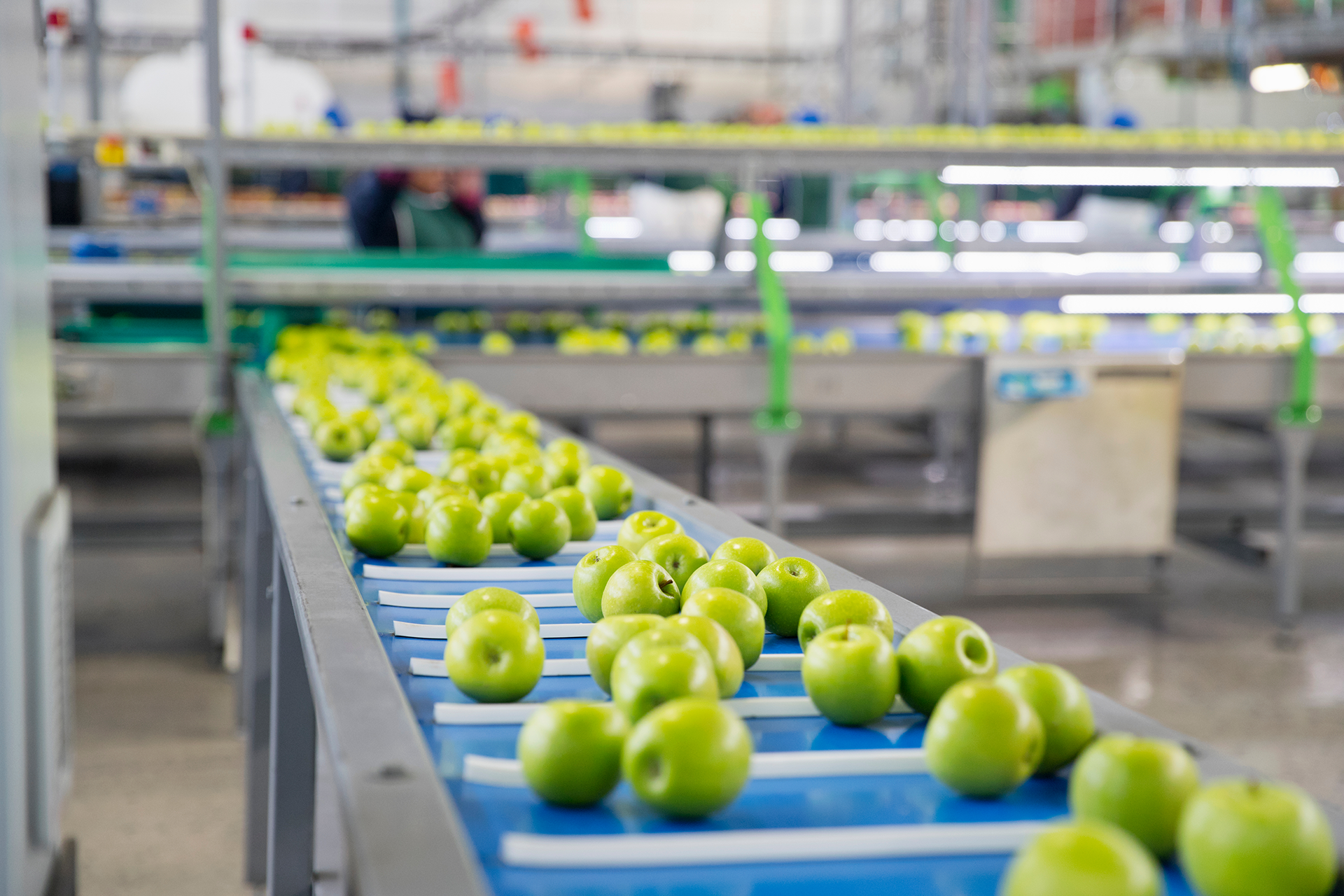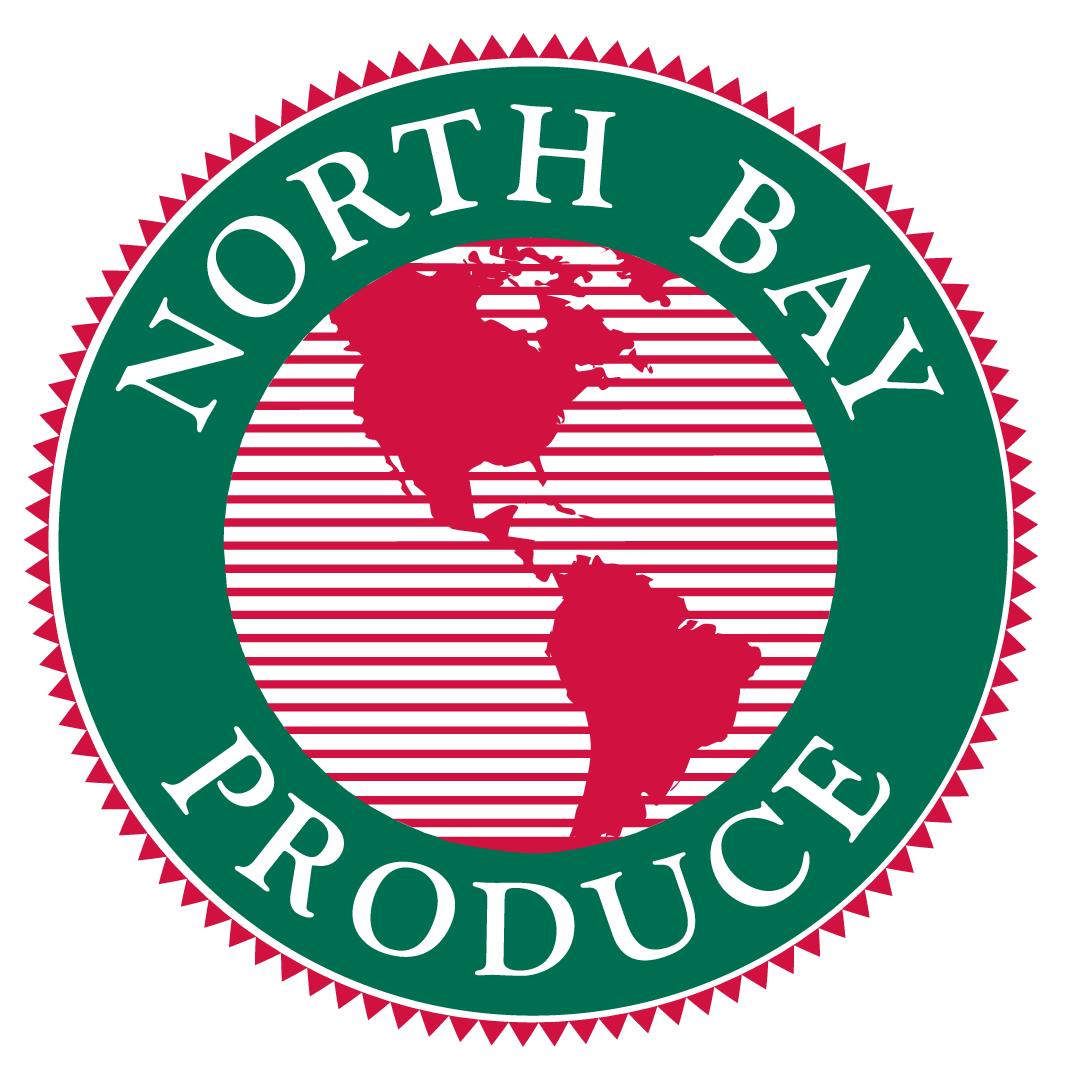
Food Safety
Field to Fork
North Bay Produce, Inc. is committed to the distribution of safe, high quality, nutritious and wholesome food products that meet the highest safety, regulatory, and quality standards. North Bay Produce, Inc. suppliers have high production standards and comply with food safety programs and practices that promote the safe cultivation and distribution of fresh, nutritious, contaminant-free produce. Such programs outline appropriate practices for production, harvesting, handling, and transportation. To learn more about each step in this detailed process, click through the pictured icons below and find out what it takes for fresh blueberries to reach your home and feed your family.

Growing
-
Soil has nitrogen, phosphorus, and other nutrients needed for plants to grow healthy and strong.
Soil is tested for nutrient content to ensure it is nutrient rich before planting.
Fertilizers are applied to soil to make it nutrient dense for blueberry bushes to flourish.
-
Water tests are performed to ensure water is safe to irrigate crops.
Irrigation water is required to meet specific safety standards or it cannot be applied to blueberries.
The source of the water is inspected on a regular basis.
-
All North Bay suppliers care deeply for their crops and the land as being a farmer is their livelihood.
North Bay suppliers work hard to ensure that their blueberries are safe and nutritious for consumption.
Integrated Pest Management programs are used to protect the crops from threats that could devastate the yield.

Harvesting
-
All harvesters have to be healthy to pick berries and cannot work when sick or feeling ill.
Harvesters are provided with water to ensure they do not become dehydrated while harvesting blueberries.
Workers are treated fair and just to ensure the health and safety of the worker in order to maintain a strong workforce throughout the harvest season.
-
Hand washing stations are provided for all workers with clean water, soap, paper towels, and hand sanitizer.
Harvesters are required to wash their hands after using the restroom, eating or drinking, taking a break, or after any other activity that may contaminate their hands.
All harvesters wash their hands before entering the field to pick blueberries. Trained Workers
Workers receive orientation and regular trainings on food safety practices, such as hand washing.
Training is vital to ensure all workers understand what is required of them to keep food safe.
-
Workers receive orientation and regular trainings on food safety practices, such as hand washing.
Training is vital to ensure all workers understand what is required of them to keep food safe.

Packing
-
Cleaning and sanitation of facilities and equipment occurs daily.
Equipment is tested after cleaning to ensure that it has been adequately cleaned and sanitized.
-
A technological system is used while packing blueberries to ensure that they are of the best quality and that the berries that arrive to the grocery store are of the perfect ripeness.
Tracing product is of utmost importance; each packinghouse has the ability to track the fruit back to the field where it was harvested from.
Food safety systems, procedures, and processes are reviewed on a regular basis and verified by a third party annually.
-
The packinghouse is organized from the time fruit enters to the time it is loaded onto a truck to ensure a high degree of safety and quality.
Packinghouses are maintained at a low temperature to ensure optimum berry quality.

Shipping & Distributing
-
All trucks are held at a specific temperature range to ensure optimum quality and safety.
Temperature monitoring devices are used to ensure the truck temperature does not go outside of the specific temperature range.
-
The FDA Food Safety Modernization Act: Sanitary Transportation Rule requires that all transportation vehicles conveying food must be clean and sanitary.
Truck beds are cleaned on a regular basis to ensure product is only shipped in a clean environment.
-
Drivers are aware of the importance surrounding food safety and the best practices they must undertake to keep food safe.
North Bay partners with trusted partners to get fresh blueberries to the grocery store in a safe and timely manner.

At Home
-
Blueberries must always be kept in the refrigerator.
The refrigerator should be set at or below 40ºF.
Don’t let blueberries sit out for more than 2 hours before refrigerating (1 hour when temperature is above 90ºF).
Separate raw meat, poultry, seafood, and eggs from fresh fruits and vegetables in the refrigerator.
-
Wash hands with warm soap and water before preparing food.
Ensure the kitchen and countertops are clean and sanitized before preparing food.
Use one cutting board for fruits and vegetables and a separate one for raw meat, poultry,and seafood; always keep separated.
-
Wash blueberries in a colander under cold running water prior to consumption.
Eat a serving of fresh and delicious blueberries to reap the numerous health benefits!
